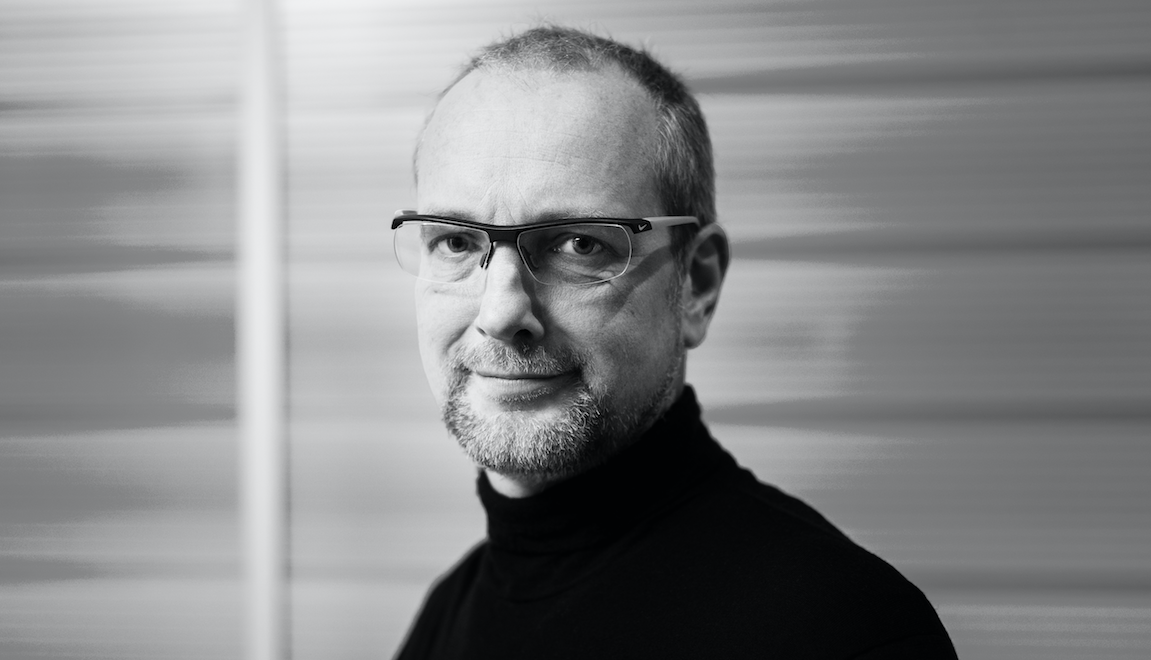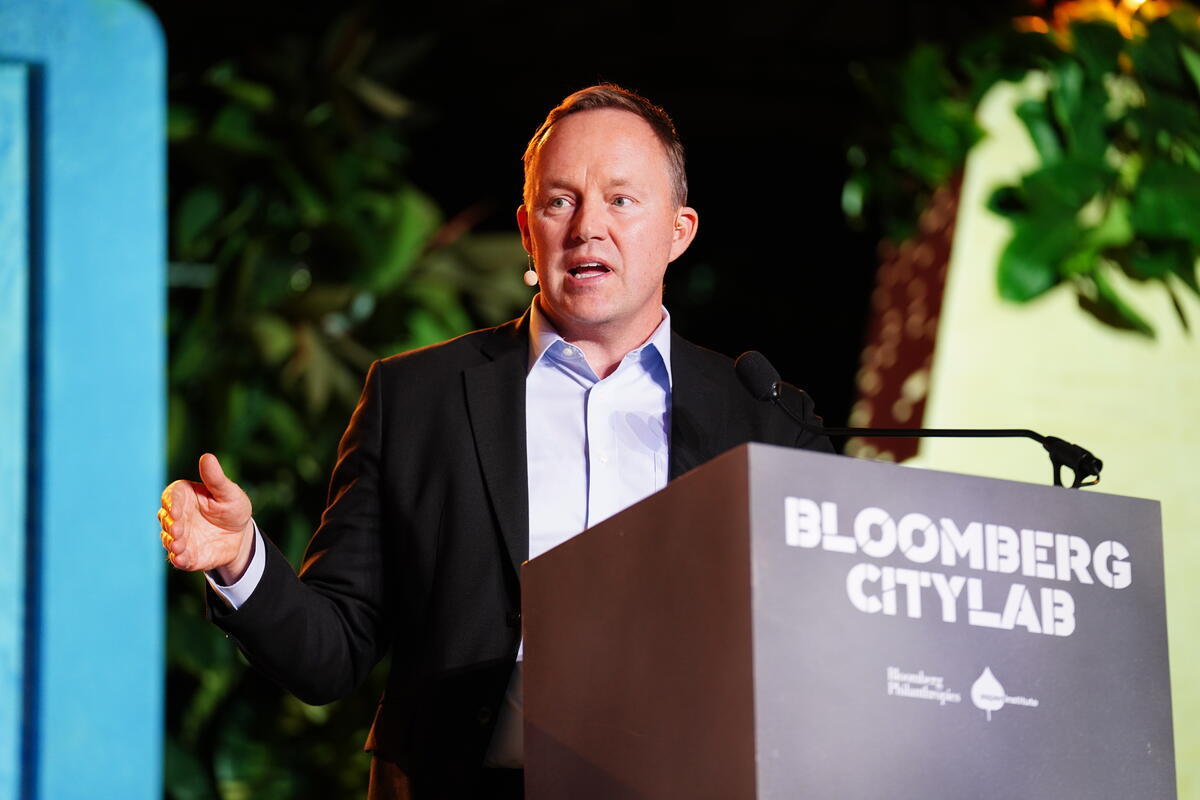
Photo: Screen-Shot-2018-05-03-at-12.07.34
Former Cisco executive to launch smart cities academy
03 May 2018
by Jonathan Andrews
A new academy that will train professionals in the smarter cities sphere is set to launch in September.
The Hippodamus Academy, named after the ancient Greek urban planner and architect, is a joint venture to be established by Rainmaking Urban–part of Rainmaking, a global cooperative of entrepreneurs–and Danish NGO, Gate21.
“It is for smarter cities, smarter communities, professionals, practitioners, and leaders within that space to get them to that next level with their skills and competencies. This is a gap that is not currently being closed and needs to be addressed,” Bas Boorsma, Rainmaking Urban, Managing Director, and CEO, Hippodamus Academy, told Cities Today in an extensive interview.
The first series of master classes will be held in Rainmaking Urban’s Anchor Cities. These include Kansas City (Missouri), Dubai, Tampere, Amsterdam, Reykjavik, and a grouping of smaller cities in Arizona. Others are expected to confirm participation shortly.
Boorsma says that what sets the Hippodamus Academy apart from others is that it will collaborate with institutes of higher learning, yet will not be owned by one.
“There are some universities that are coming up with curricula with forms of training for professionals around smart cities, but this academy marries [those ideas] with the best expertise that can be found in smart cities around the world,” he explained. “An expert on blockchain for cities for example [could come into the] community of trainers. That is a fabulous thing.”
Boorsma is no stranger to the field of smart cities. After working for 16 years in the industry, including 11 years for Cisco, he saw the phrase when it was first bandied around.
“One thing that has become clear is that the notion of smart cities and the actual tangible things underneath that banner have become more real,” he said. “There is a lot of orchestration required to get it right. The phrase ‘smart cities’ is a PowerPoint banner and in order to turn it into a little bit more of a market, a lot of orchestration is required to get cities, living labs, service providers, start-ups and accelerators connected and to find investors.”
This was one reason why Boorsma joined Rainmaking to begin the academy. Established 10 years ago, it has since become a global company of 400 people with 11 offices over four continents.
“It’s not small; it’s fairly large but it definitely not organised like a corporation,” he explained. “It still has a start-upish culture and that is what it cherishes. For me, that was the perfect backdrop organisation and culture to start Rainmaking Urban in. You can have all the right ingredients to cook the right meal on the kitchen table but that does not equal a great meal; you still need to get the chemistry and management of making it happen correctly.”
He hopes the academy will close many gaps in the smart city marketplace, where stakeholders are trying to get digitalisation right.
“For all these entities to come together, to make sense of this all is critical,” he added. “[Digitalisation] cannot be addressed by one big technology company, it needs to be vendor-neutral. This has served as a foundation for me starting Rainmaking Urban. It is dedicated to smart cities within the Rainmaking group and is focused on driving a convergence between these very different areas within the market.
Boorsma’s top five lessons on smart cities:
- “Cities have sometimes in the past been a little bit too naïve in stepping into a proposition with only one or two companies [and getting] stuck with their propriety solutions, architectures and trying to procure all the hardware.”
- “Cities need to be aware that traditional tools of procurement are very often not the right tools to deal with innovation agendas.”
- “I have seen so many companies getting completely disgruntled, annoyed and demotivated by the very complicated procurement procedures and ask, ‘Why are we doing this? We are ready to make an investment but this is taking so much time and there is simply no point’. Cities need to do better to create an innovation environment that is conducive to innovation agendas, inclusive of the procurement tools that will allow that to happen.”
- “Election cycles can be a very damaging thing to long-term innovation agendas. Some of the smartest people that I have worked with have previously built an innovation agenda for 10 years, so that takes them through two or more election cycles. I have seen cities when they are totally on board with something and get thrown off the agenda the next day and completely making a mess of divestment, to what has been achieved with taxpayers’ money.”
- “Smart cities are indeed often a municipal affair, with lots of great innovations happening on the streets of cities, but most of those innovations don’t necessarily stop at city limits. If you want scaleable solutions in the space of smart mobility, there is no point in making roadside intelligence within parameters like, say, the municipality of Amsterdam and then to stop there. Cities need to collaborate a little bit more than they have at this point. Looking at adjacent municipalities, regional collaboration and obviously national government counterparts as well.”








